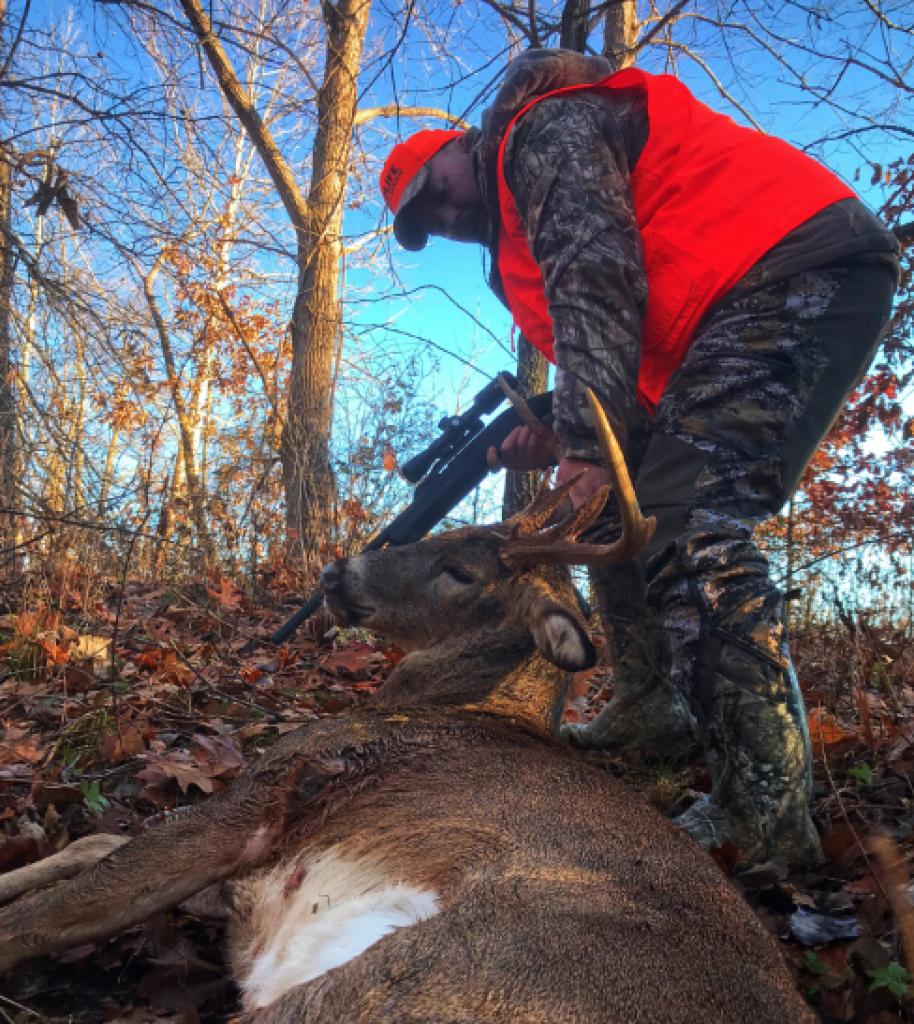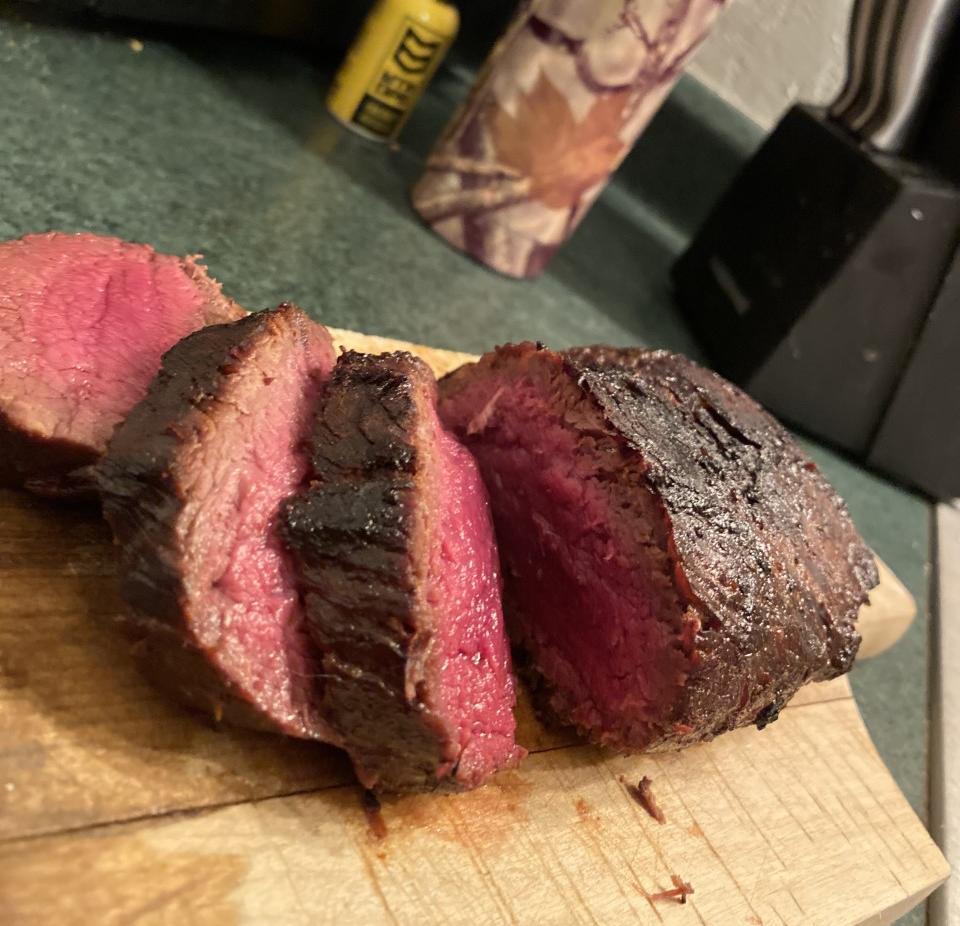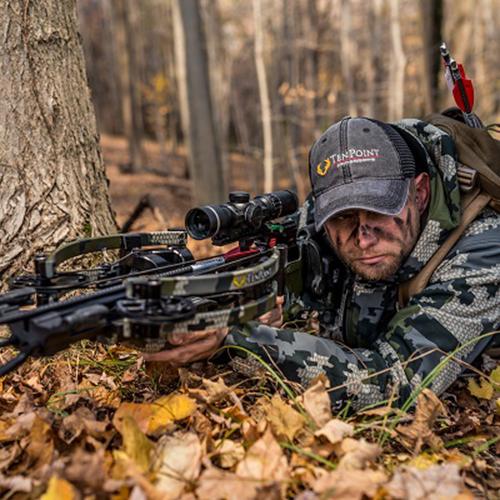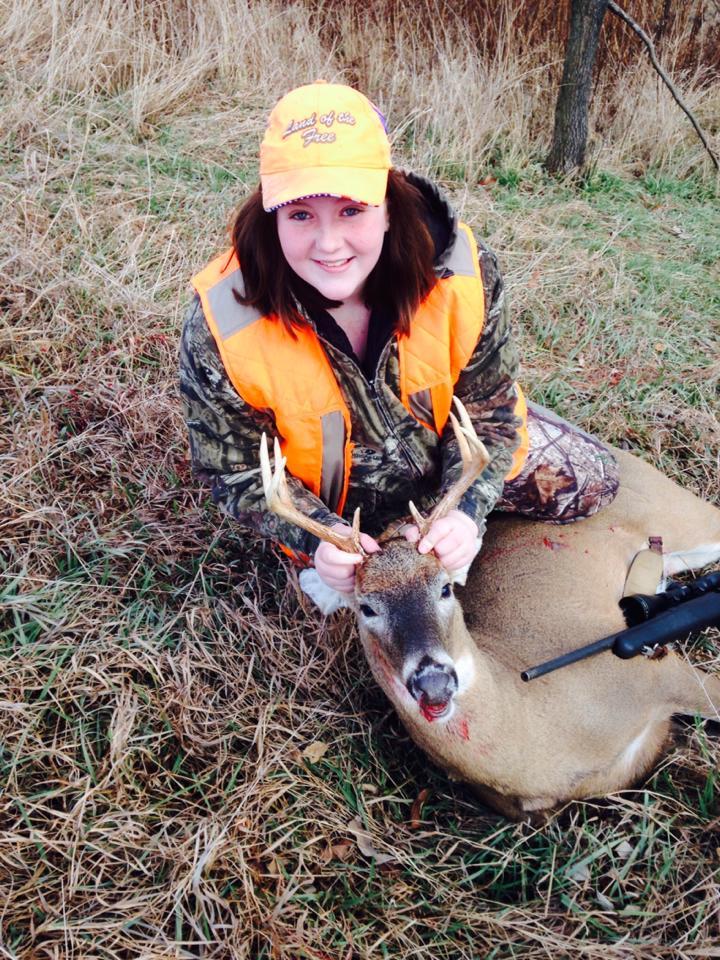“Should I worry about eating venison because of CWD?” This is a common question we get here at Deer & Deer Hunting, and you would be surprised at how often and how long that question has been posed to us.
Let’s cut to the chase: A person has a much better chance of getting struck and killed by lightning than contracting a disease by eating venison. Don’t take my word for it, listen to those whose lives have been shaped by white-tailed deer — professionals who have studied deer biology for decades.
Scientists and biologists from across the continent are frustrated with the mainstream media’s approach chronic wasting disease. Despite the fact no link can be made to human illness, the news coverage has sent waves of panic throughout whitetail country.

Unfortunately, we don’t always hear from qualified sources for these news stories. Here are the candid responses of bonafide white-tailed deer experts. The panel consists of individuals we consider among the most knowledgable deer minds in North America: Dr. Valerius Geist of Alberta, Jay McAninch of Virginia, Dr. Grant Woods of South Carolina, professional deer biologist Bob Zaiglin of Texas, and retired deer biologist Keith McCaffery of Wisconsin.
I asked each man to provide their thoughts on the question in the headline of the article. What follows are their responses — from 2002!
That’s not a typo. I wrote a large article for Deer & Deer Hunting 17 years ago when CWD was first found in Wisconsin. Here is an excerpt from that article. Although I am reaching out to many of these highly respected deer experts for an update, I think you will be both shocked and surprised that their answers then are pretty much in line with what experts are suggesting today. Long story short: Irrational fears over eating venison are just that — irrational.
Dr. Valerius Geist – University of Calgary
They should not! The CWD issue has been, unfortunately, raised to the level of hysteria.
One need not worry about eating venison, and yet one should take a few common-sense safeguards, as I have taken long ago. I no longer eat brains, and as a European acculturated to eating many innards, that’s a loss to me.
In a CWD-affected area I would remove the head, all innards (edible ones included) and bones and discard them. I would hand in the head for testing, knowing fully well that false negative results are all too common.
I would feed the meat to my dogs if the meat came from a noticeably thin animal, lacking fat with inner organs of doubtful appearance. I have done so in the past anyway, CWD or no CWD.
Venison is so exceptionally good a food, saturated with vitamins, exceptionally rich in omega-3 fatty acids and other good fats that I cannot substitute by buying meat in some supermarket. Wild meat is the very best food we can possibly have, and I will not give up venison.
jay
Jay McAninch – Former Minnesota Big-Game Biologist
I don’t think hunters should worry about eating venison, especially if they are in an area where CWD has not been found. As long as they take basic precautions and follow the guidelines available from their state wildlife agency, they should remain confident they’ve minimized their risk.
If the decision to eat venison is weighing heavily on a hunter’s mind and he is obsessed with worry, then I would suggest not eating it. If hunters want to assess the risks, then they should consider that the infection rate of deer in the CWD area in Wisconsin is about 2 percent. Frankly, hunters have a substantially higher risk of being affected by any number of other health problems, not the least of which is being in a car accident while driving on a hunting trip.
Dr. David Samuel — West Virginia University
In general, I do not believe hunters should worry. At least 20,000 people die each year from the flu in America, none have died from CWD. I believe we need some rational calm now. However, having said that, if I were hunting in Wisconsin, I’d butcher my own deer, bone out the meat and discard the neck — because there are a lot of lymph nodes in there.
I have been processing my own deer for 30 years, and I’d suggest other hunters do the same.
Bob Zaiglin — Southwest Texas Junior College
In areas where CWD has existed for at least 30 years, an average of only 6 percent of the deer are infected and less than 1 percent of the elk are infected. Another fact is there has not been a single case of CWD diagnosed in a human. Within the family of transmissible spongiform encephalopathies is scrapie, which has been identified in domestic sheep for more than 200 years. More importantly, no one has contracted this variant even though sheep represent a principal component of our diets.
My answer to this question is “no,” but we must take precautions, just like using a seat belt in an automobile. There are a few things hunters can do to reduce what is already a minute possibility of contracting CWD.
- Do not shoot sick animals.
- Wear rubber gloves when field dressing deer.
- Bone out meat.
- Minimize handling of brain and spinal tissues.
- Wash hands and instruments thoroughly upon completion of butchering animal.
- Avoid consuming a deer’s brain, eyes, spleen, tonsils, spinal cord and lymph nodes.
Dr. Grant Woods — GrowingDeer.TV
To date, there is no evidence that CWD will cross to humans — in lab test, or from humans consuming deer and elk from CWD-positive herds since the 1960s.
With proper precautions — such as deboning meat, not using the same tools to prepare meat that were used to cut through the brain or spinal cord, and removing lymph nodes from meat that is to be consumed — my family will continue to consume venison.
Keith McCaffery, Wisconsin Department of Natural Resources Deer Researcher (retired):
Hunters should worry about being killed in an auto accident, or from their smoking or bad-eating habits. CWD has not been known to cross the barrier to humans. Even if it were like BSE, humans would be far less likely to get a variant CJD from venison because we don’t eat everything (teats, lips, udders, intestines) from a deer like we do a cow.
“CWD prions have not been detected in meat. Worry more about eating beef hamburger.


